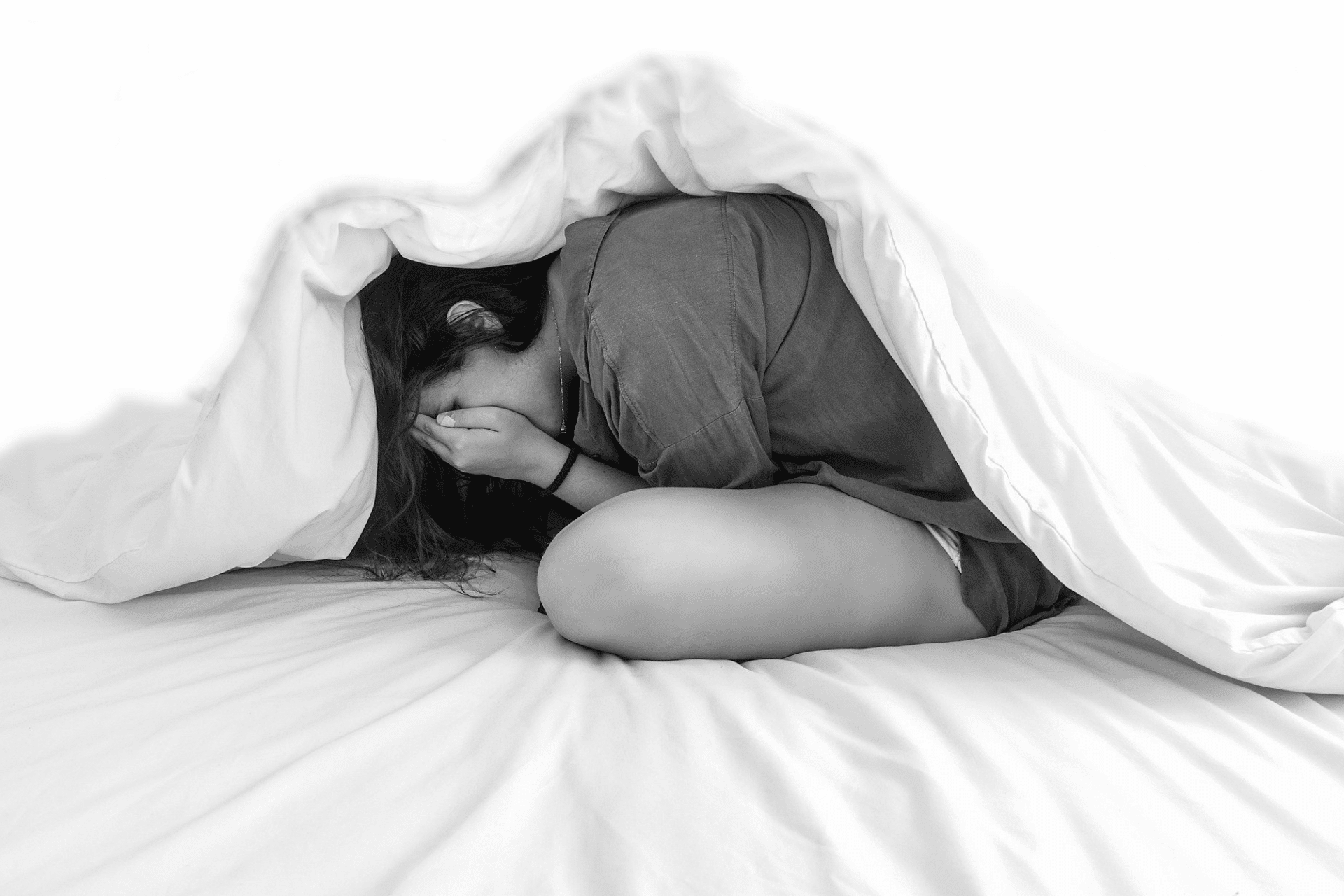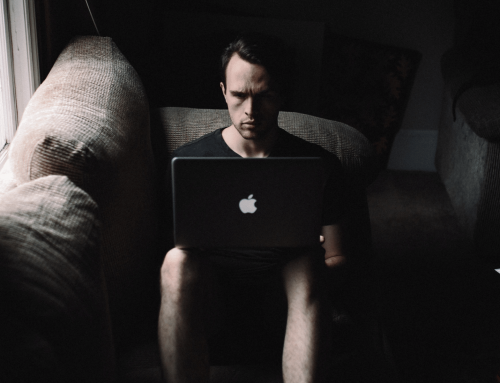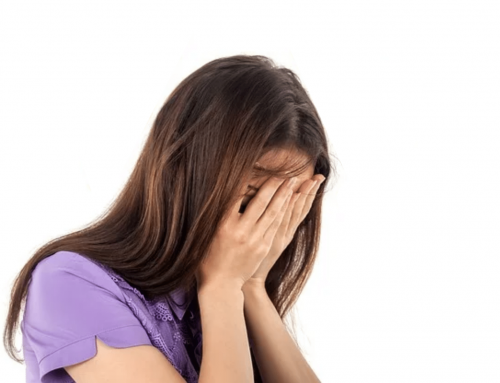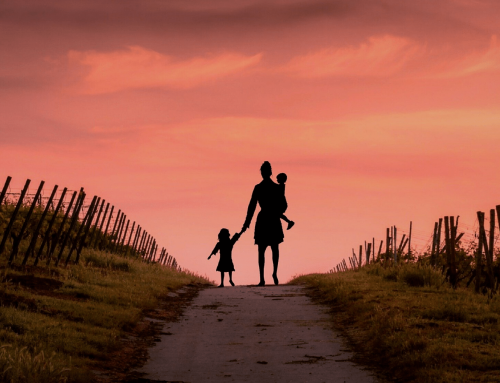The effect of lockdown on our mental health
The Covid 19 disease, which every nation on earth is experiencing right now to greater or lesser degrees, has created a better awareness and a broader appreciation of the things that we used to either take for granted or had little knowledge or interest in before the pandemic struck just over 12 months ago.
For most of us, this is the first time we have had to face up to an external threat, one that has curtailed the life we have. Living this restricted life has become our normal state. Not only have we been exposed to a life-threatening virus, but also to a threat to our livelihoods, education, recreation and general liberty to do things that we enjoy doing.
The impact that this is having on our mental health is immense. If there is a positive it’s that Government, businesses and society have become far more aware and open to this issue.
You probably feel quite different about lockdown 3.0 than you did the first time around. There seemed to be a novelty factor at first. The grind of the daily commute happily abandoned as we started working from home. The newfound enjoyment with our families as we reconnected and spent more time together, home schooling and leading a simpler way of life.
Harsh realities
But the harsh realities of the continuing lockdowns have led to frustration, loneliness, isolation, anxiety and depression, where in many cases this didn’t exist before and where, if it did, it has exacerbated the problem.
Adults can rationalise what is going on and why we have to live like we do for the foreseeable future, but the younger generation find it very difficult to get their heads around the present situation. The restrictions that have been imposed on children and teenagers are being managed in the main by parents. This creates an environment that many are struggling to adapt to, which in turn generates a huge tension between both the parents and children.
Hitting the wall
There have always been day-to-day challenges that we have to face and deal with, but take away the normality of schooling, physical social interaction, learning, recreation and growing, then the younger generations ability to cope has been severely impacted. This has lead to a tipping point when depression, anxiety and stress can quickly build amongst both the parent and children of all ages.
This is marathon that has been forced upon us without having any instruction, training or coaching on how to approach the immense challenge, let alone safely complete it in one piece.
Without professional help many parents and young teenagers with a desperate need are turning to unhelpful coping strategies, such as alcohol, recreational or prescription drugs and the increased use of social media, putting more strain on what is already, an unstable situation.
There is a finishing line in sight with the roll out of the vaccine. This will provide protection to the more vulnerable in our society and can’t come soon enough for the younger generation and their parents, which will hopefully start to ease the pressure.
In the meantime, if you feel that you are about to hit the wall and the coping strategies that once worked no longer offer relief, please get in touch.







